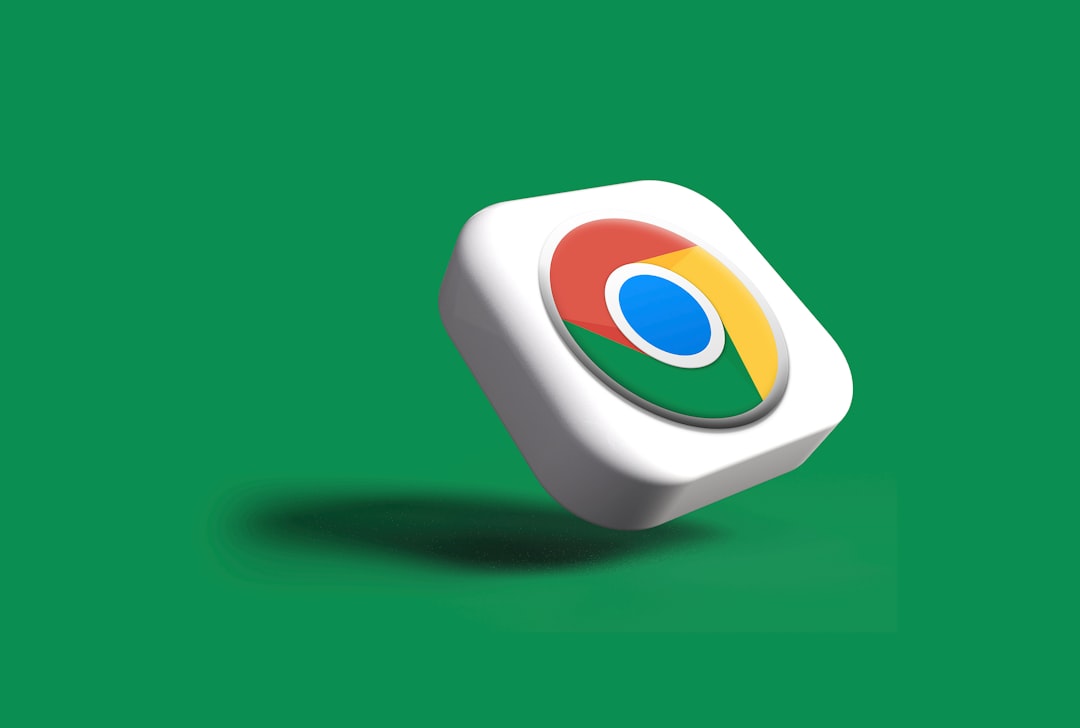In the digital era, people are turning to unconventional platforms for support — including Reddit communities where AI like ChatGPT responds to users seeking mental health advice. This has sparked an ongoing debate: Can conversational AI genuinely support mental health, or is it an oversimplified solution to a complex issue?
Reddit has long served as a sanctuary for individuals dealing with stress, loneliness, depression, and a myriad of emotional struggles. With many users hesitant to engage with traditional forms of therapy due to cost, stigma, or accessibility, the appearance of AI-powered responses — particularly from ChatGPT bots — offers a new form of peer-to-peer support.

The Rise of ChatGPT in Reddit Mental Health Threads
Reddit communities like r/mentalhealth and r/Anxiety are seeing an influx of ChatGPT-generated responses. Sometimes presented as a helpful tool and other times used organically by users copying AI responses, ChatGPT provides support in the style of a good listener — offering empathetic, validating, and coherent replies.
These interactions are often appreciated by people who might otherwise be ignored in busy threads. ChatGPT’s ability to quickly generate thoughtful messages tailored to the user’s concerns can create a sense of validation and support. In many of these communities, AI isn’t pretending to be a licensed therapist; rather, it acts as a mental health ally — much like a friend who’s good at listening.
Benefits of Using AI for Mental Health Support
AI-based conversational tools bring accessibility and immediacy to mental health support, especially in online communities. Some potential benefits include:
- 24/7 availability: ChatGPT never sleeps, which means someone reaching out for help any time of day can receive a response.
- Non-judgmental interaction: Many people find it easier to open up to a robot than a human, fearing less stigma or embarrassment.
- Reflective feedback: ChatGPT often mirrors emotional language to validate feelings, a technique resembling therapeutic listening skills.
Despite these advances, there’s also growing concern about users confusing AI interactions with professional therapy.
Limitations and Potential Risks
It’s crucial to clarify that ChatGPT is not a certified therapist and doesn’t have emotional intelligence or lived experience. While it can mimic empathy and use therapeutic phrasing, it lacks the complexity needed to navigate nuanced mental health issues, traumatic histories, or suicidal ideation safely.
Some of the critical risks include:
- Incorrect or harmful advice: Despite safety layers, AI can sometimes make mistakes in the suggestions it provides.
- False sense of connection: Users might overly rely on ChatGPT for comfort, avoiding human interaction or seeking professional help.
- Privacy concerns: While Reddit is largely anonymous, people may still inadvertently overshare sensitive information to AI systems, which raises ethical issues.

Health professionals caution users to treat AI as a supplement, not a substitute, to therapy. They emphasize its best use is for support or psychoeducation, not diagnosis or treatment.
How to Safely Interact with ChatGPT for Mental Wellness
To make the most of AI tools like ChatGPT in the context of mental health, experts recommend the following guidelines:
- Use AI for general guidance, not clinical advice.
- Pair AI interactions with offline resources, including professionals and support groups.
- Be skeptical of overly confident or prescriptive advice from AI bots.
- Protect your privacy. Avoid sharing personal details that could be sensitive or identifiable.
Ultimately, AI can provide meaningful interaction when handled responsibly. However, the future of mental wellness should focus on blending human care with emerging technologies — not replacing it entirely.
FAQ: ChatGPT as a Mental Health Support Tool
- Can ChatGPT replace a therapist?
No. ChatGPT is not a licensed mental health provider. It can offer support but not professional diagnosis or treatment. - Is it safe to talk to ChatGPT about my emotions?
Generally, yes, for surface-level support. For urgent or deep emotional issues, always seek qualified help. - What are the signs ChatGPT is giving bad advice?
Overly specific solutions, advice that feels dismissive, or any recommendation to self-harm or avoid human contact should raise red flags. - How can I use ChatGPT responsibly for mental health support?
Use it for journaling, reflection, or stress relief — but always supplement with real-world support when available.
The intersection of AI and mental health continues to evolve. While ChatGPT may offer comforting conversations on platforms like Reddit, the compassionate human touch remains essential in truly supporting someone’s mental journey.